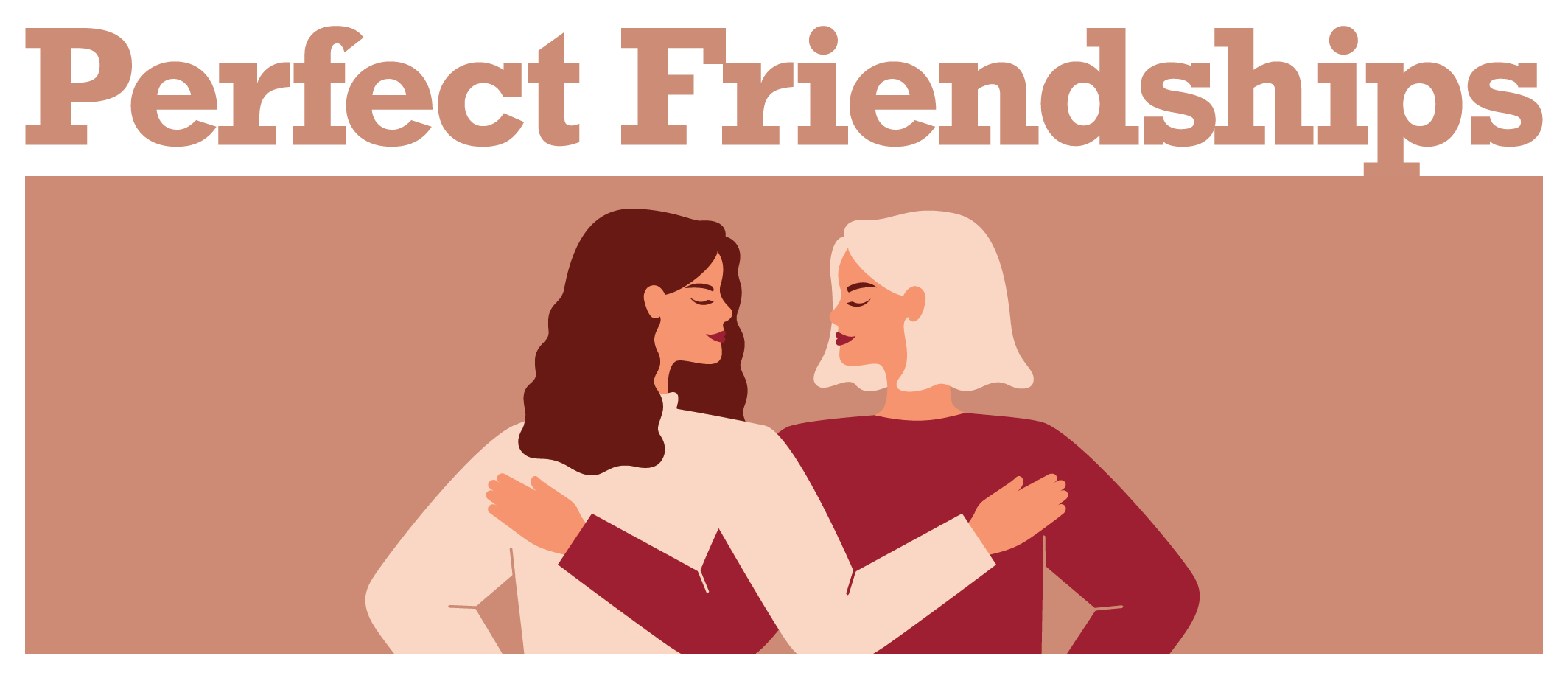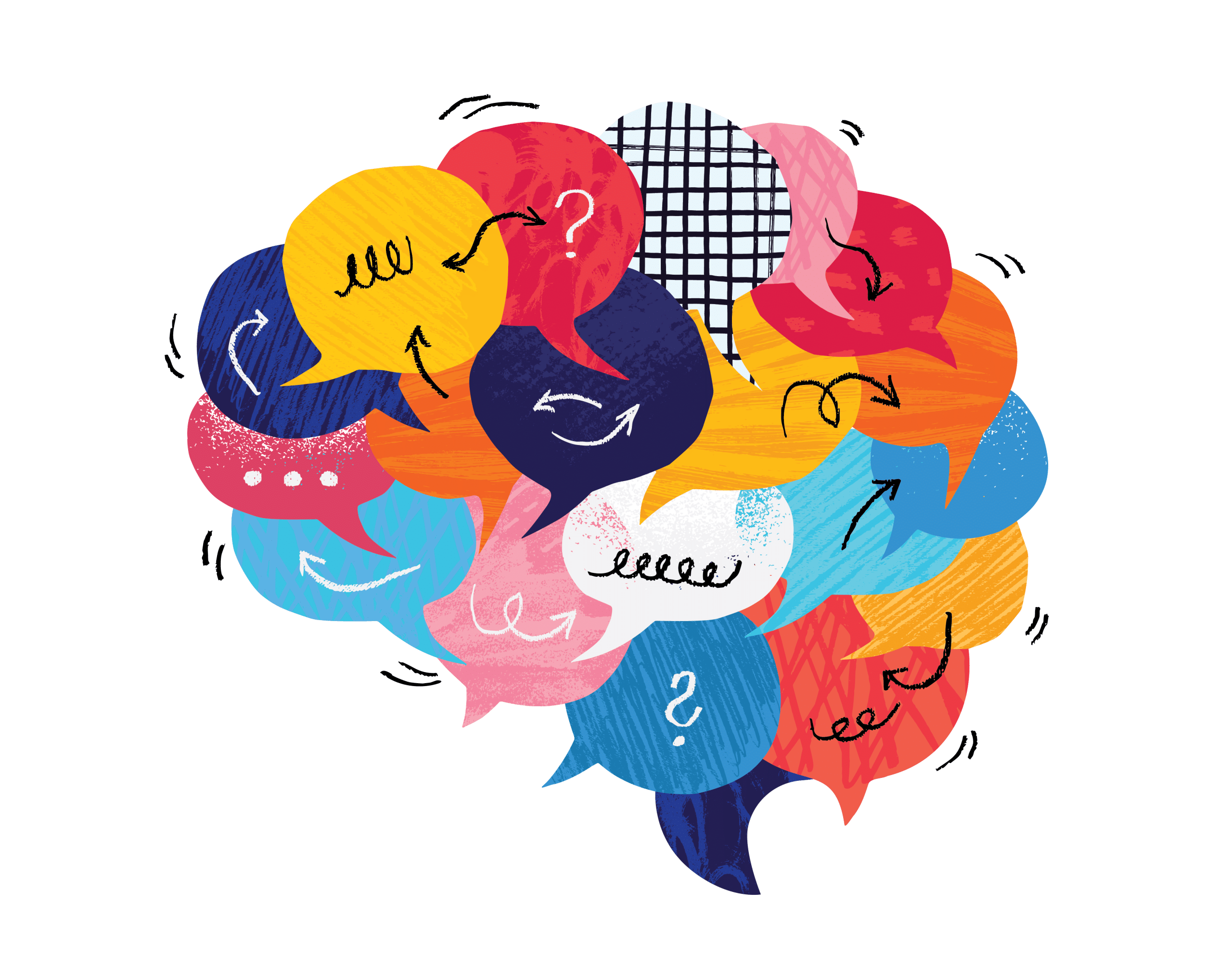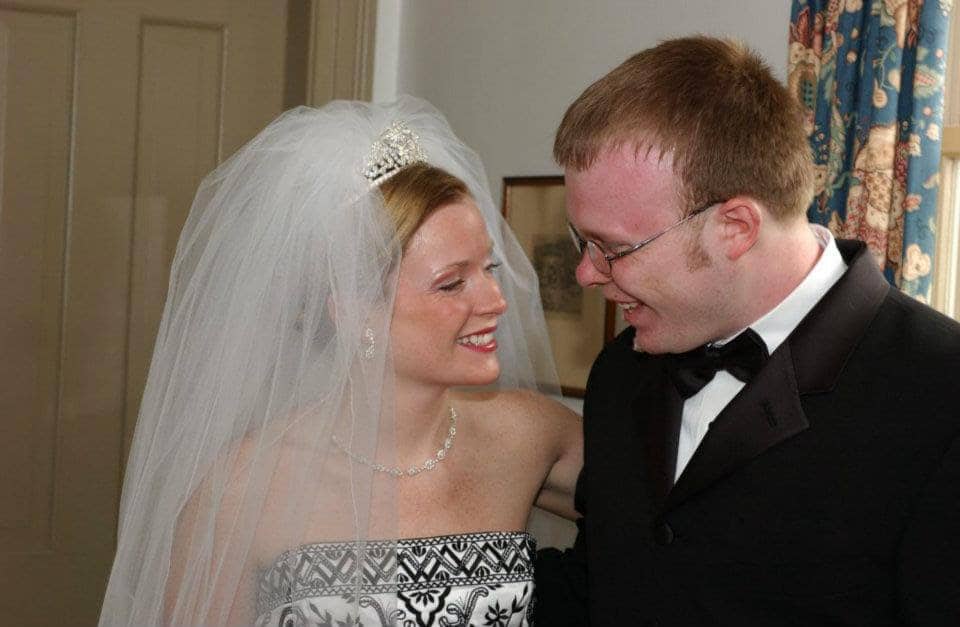It’s 3 AM when Kate is awakened by a loud knock at her door.
She quickly throws on a robe and stumbles downstairs.
With dreary eyes she peers through the peephole and sees her best friend, Jane, with tears streaming down her face.
When Kate opens the door, Jane gasps a sigh of relief and hugs her tightly.
Alarmed and confused, Kate asks, “What’s wrong honey?! Are you OK? What happened?!”
Jane replies, “Yes. I’m so sorry for waking you up. I just had the most horrible dream that something bad happened to you and I had to come over and make sure you’re OK.”
Shocked, Kate says, “I was just having a nightmare that I was being chased by a bear in the woods. I tripped and fell and just as the bear was about to attack me your knock at the door woke me up. Thank you for coming over. You saved me!”
***
Have you ever heard the expression “3 AM friend”?
It’s the person you call at 3 AM when you need help.
But sometimes it may be hard to tell who your real friends are.
Walter Winchell said, “A real friend is one who walks in when the rest of the world walks out.”
It’s good advice, but it only applies in one unfortunate situation…”when the world walks out.”
So how do you identify real friends when that’s not the case?
Recently, I watched a short interview with Arthur Brooks, a Harvard professor and bestselling author.
He was asked, “Why are so many successful people lonely? How can someone with a huge network of ‘friends’ feel alone?”
Brooks said it’s imperative to ask the question, “Who are my real friends and who are my deal friends?”
He went on to explain that “deal friends” help you in a transactional sense. This doesn’t necessarily mean there isn’t a genuine connection, it just means that these people are useful to you in some way. These friends can help you get ahead by giving you something you want or need, and often you can do the same for them. The core of the friendship is more than just camaraderie. Social scientists refer to these people as “expedient friends.”
But real friends are the people you can call at 3 AM if you need them. A real friend is someone you can share the most intimate details of your life with. A real friend values the relationship based solely on the profound connection you both share.
How can you tell the difference? Here is an approach for trying to know who are real friends and who are deal friends:
Think about the five people who are closest to you, excluding your family members (and spouse).
Of these five friendships, which could be deemed “expedient” or “transactional”? These people are your deal friends. But that doesn’t necessarily mean they aren’t your real friends too. To distinguish, it’s important to ask yourself, “Would this person still be a real friend without the transaction?”
A 2019 poll found that the average American adult has 16 friends…three “friends for life,” five they “really like,” and the other eight are expedient friends they “wouldn’t hang out with one-on-one.”
But that’s not to say transactional friends aren’t important. Brooks says these expedient friendships “are instrumental to some other goal, such as furthering one’s career or easing a social dynamic.”
It’s important to note that the transaction doesn’t necessarily need to be about business or involve money. It’s simply an exchange of benefit or value.
The great paradox of life is our need for people who we don’t need at all. If you’re lucky, you have a few real friends to whom you can say: “I don’t need you for anything…I just want you in my life.”
Clearly, deal friends can also be real friends, but you may not know if a real friend is really a real friend unless the transactional aspect goes away.
Aristotle lived over 2000 years ago. He proposed the concept of a “friendship ladder.”
“At the bottom rung (where emotional bonds are weakest and happiness benefits are lowest) are friendships based on utility in work or social life. These are colleagues, partners to a transaction, or simply those who can do each other favors.
Higher up are friendships based on pleasure – something you like and admire about the other person, such as their intelligence or sense of humor.
At the highest level are friendships of virtue. Aristotle said that these are friendships with no benefit other than the pleasure of having that person in your life.
According to Aristotle, these are referred to as “perfect friendships.”












